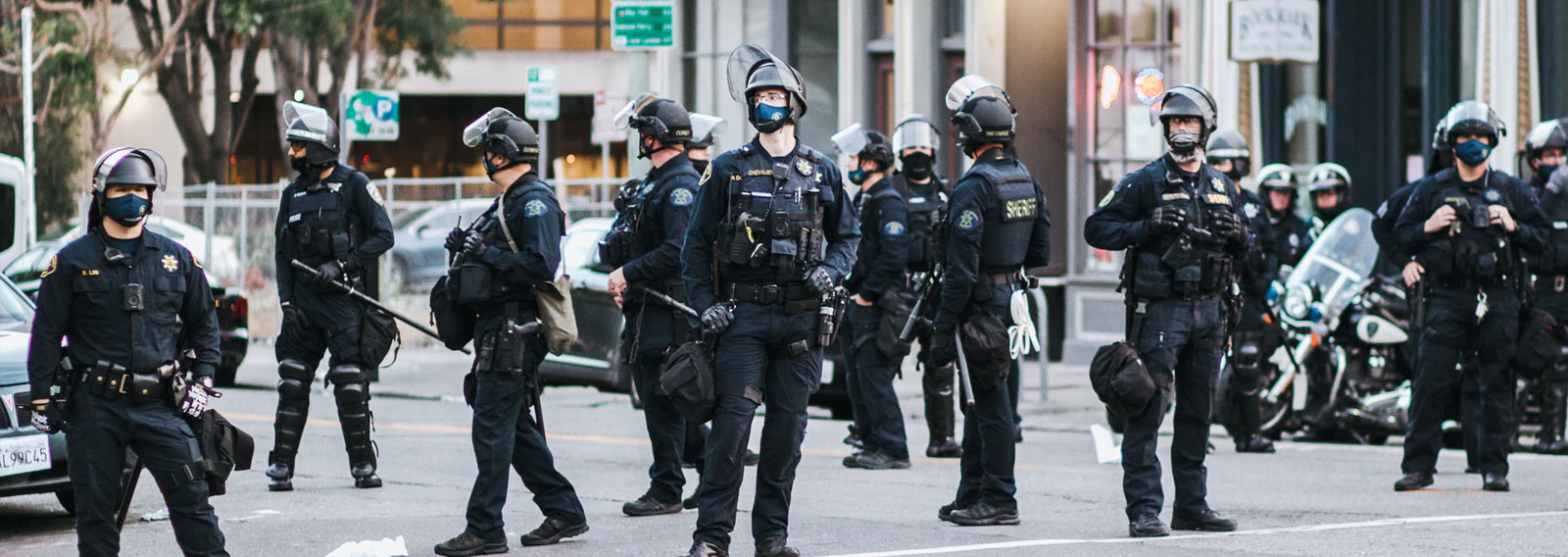It was a year for the history books. Each of us has a story to tell about how the events of 2020 impacted us. Fires, pestilence, lockdowns and riots: for a while it felt like the world was going to end. For some, it has brought incredible hardship. For all of us, it has raised questions about our Western way of life that will still be around when the crises themselves are long gone. Questions like Can we trust our neighbours to do the right thing? Where do we go for the facts? Are we all too connected—or are we not connected enough? What’s the role of the government in our lives? And what are the rights of the people?
The upheaval of 2020 has heightened other social problems that have been lying dormant for some time, but that we all knew were there. Mental health, loneliness and environmental concerns pose big challenges to Western nations. Our economies have proven very vulnerable to global events. There’s a crisis of trust in the media. The divide between rich and poor is growing.
Then there’s the unsettling glow we’ve seen on the political horizon over the last few years. Following the wars of last century, our Western democracies enjoyed a long season of peace. Major parties were happy to huddle near the ‘sensible centre’ of politics. But Trump and Brexit signalled a new era. As memories of world wars fade, and as people feel increasingly lost for purpose, new waves of hope are being found in politics—on either side of the divide. The political landscape is polarising, and we have all begun to notice.
Social media and its algorithm-shaped newsfeeds are at least partly to blame for the parallel left-and-right societies that are emerging online. But it hasn’t stayed online: the anger has clearly begun to spill out onto our streets. When George Floyd was killed at the hands of a policeman in May 2020, the protests that began in Minneapolis quickly spread to over a hundred American cities, and many other nations across the West. Violence, arson and looting soon followed in their wake as important dialogue about justice and racial harmony gave way to broader questions about the state of democracy and the character of the West. Somehow, the most affluent economies in the world don’t seem to be solving our deeper problems. There is an unease in the air. Injustice prospers, even if we’ve shut it out of our borders or tried to contain it to outer suburbs or inner cities.
Even in the best neighbourhoods—or perhaps, especially in our best neighbourhoods—there is a loneliness, a relational disconnect, a hollowed-out haunting, that is gnawing at the soul of our culture. We have safe cars, but we are a society starved for meaning. Our cities are becoming more beautiful by the year, but our sense of purpose is growing faint. We are connected by the latest technology, but this is no substitute for a stable family home or a trusted local community. In place of this, we’ve begun dividing ourselves into tribes to highlight the issues that most upset us. Even as we progress towards ‘utopia’, there is something oddly dystopian in the mix.
Check out Kurt’s new book, Cross and Culture: Can Jesus Save the West?
To borrow the words of Charles Dickens, it’s the best of times and it’s the worst of times. There is an unrest in the West. We might describe it with different phrases or disagree on how best to respond. But in any case, we owe it to ourselves and each other to understand the times we are living in.
One of the great minds of the 20th century—the late sociologist and cultural commentator Philip Rieff (1922-2006)—made some intriguing observations about our world. He was convinced that history right up to our present day is best expressed as a movement through three ‘worlds’ or three stages of civilisation.
‘First world’ cultures, he argued, make sense of life through myths. Think for a moment of the tales of the gods in ancient Greece or Rome; the dreamtime stories of Australia’s Indigenous people; or any traditional society for that matter—even today—that sees the cosmos as spiritually-charged. First worlds are enchanted; governed by taboos and folklore; besieged by spirits and mysterious forces that help explain everyday events. Of course, there is a great variety of beliefs among first world cultures. But the common thread is a binding accountability to others within that culture, and to something greater—whether ancestors or spirits, fortune or fate.
‘Second world’ cultures are different. They find unity in the idea of a single, transcendent God who rules over creation and to whom we are all accountable. The major examples are Judaism, Christianity and Islam. First and second worlds share some similarities—like the idea that society is held together by sacred beliefs. But there are big differences too. Second world cultures reject earlier superstitions in favour of a creed: a single set of beliefs revealed in a sacred book. Generally this holy book will have a vision of justice that extends beyond the immediate culture to envelop all of humanity.
‘Third worlds’ radically contrast with the other two, introducing an aggressive break from the past. Third worlds question, interrogate and rebel against their roots. Ultimately they reject any kind of sacred order or religious creed. In this sense, they are best described as an ‘anti-culture’—a deconstructing of all that has gone before. As a result of this upheaval, third worlds experience a sort of rumbling emptiness. What they lack, and what they are desperate to find, is a glue that will hold society together, a story to make sense of all the parts of life. In short, they lack a stable centre—a sacred common ground. Without this stable centre, third worlds have to justify their existence with only themselves as a reference point. Rieff warns that cultures like this have never lasted long, and they grow increasingly unstable with time.
Philip Rieff gives words to something that many of us already feel intuitively. Christians like myself are particularly aware of this as we find ourselves moving towards society’s margins. A shift has taken place in Western nations like Australia. Our second world is fading fast, and the third world is well and truly here. ‘Christendom’ has given way to a distinctly post-Christian culture.
This is an excerpt from Kurt Mahlburg’s new book, Cross and Culture: Can Jesus Save the West?





















